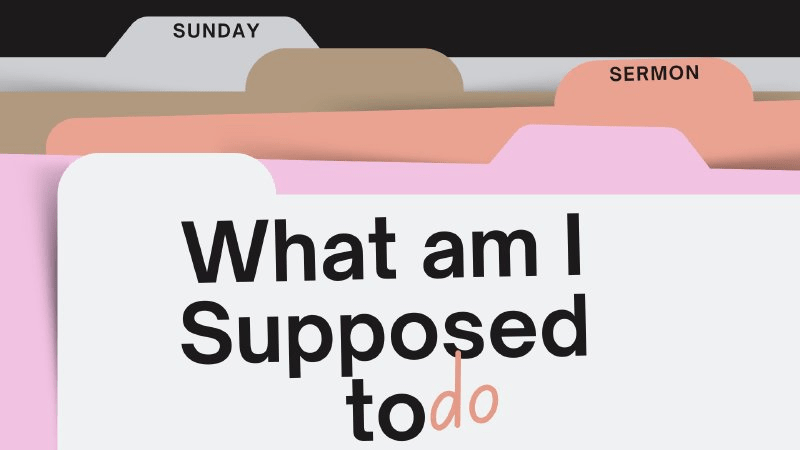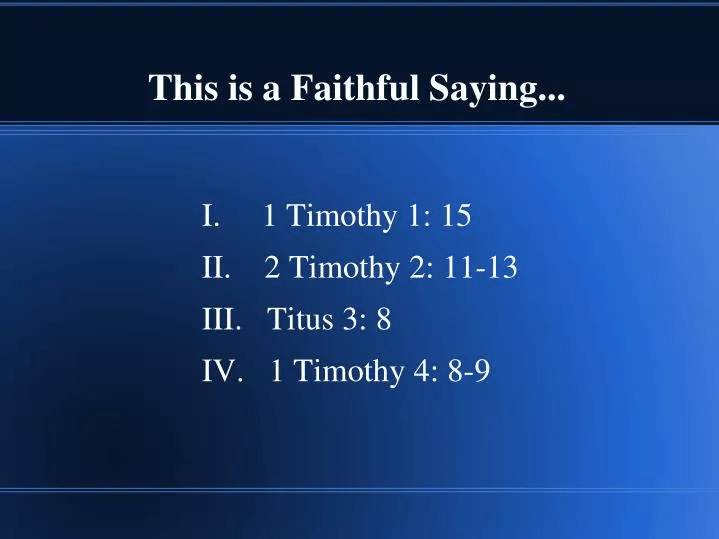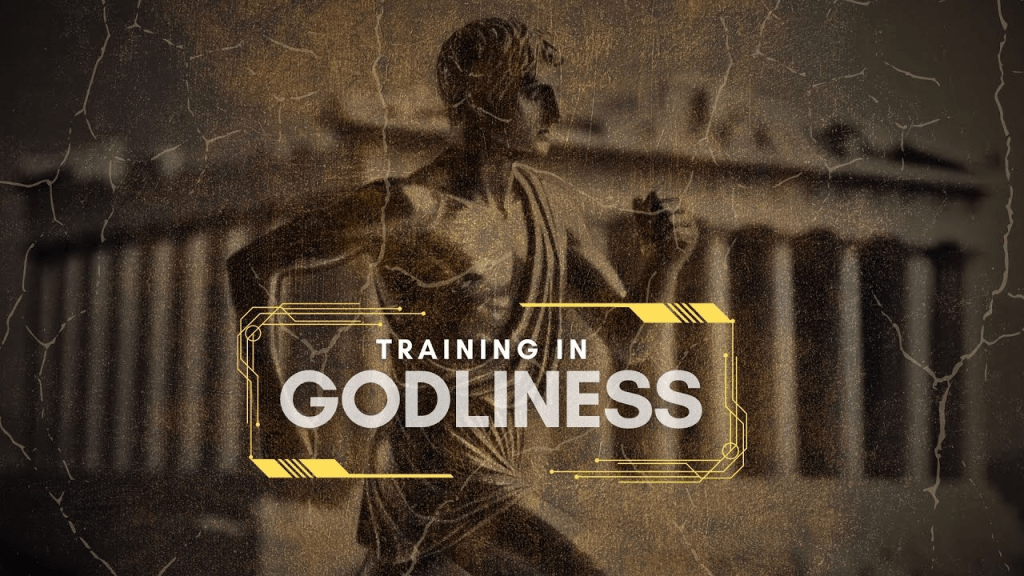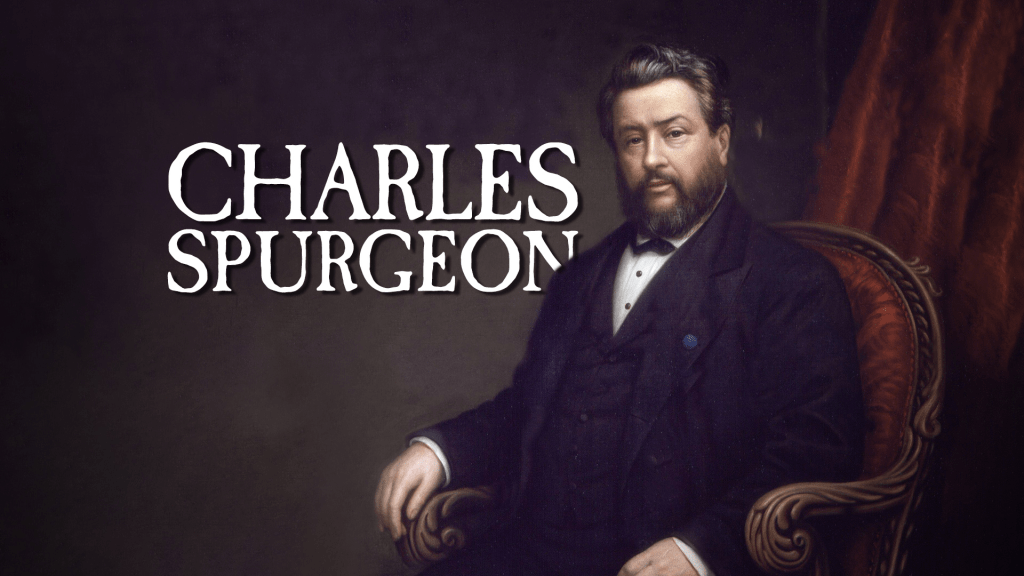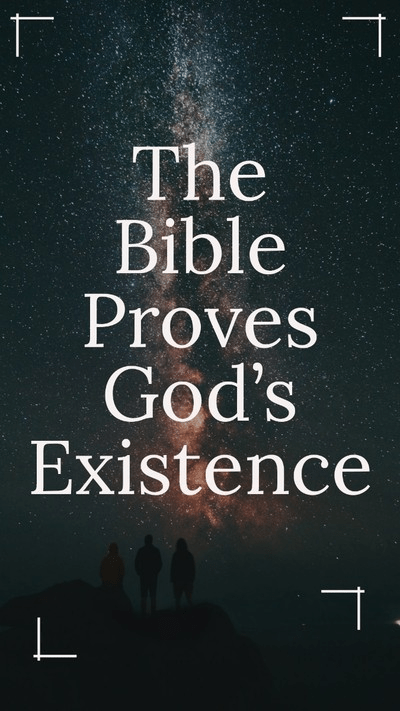
11 Command and teach these things. 12 Let no one despise you for your youth, but set the believers an example in speech, in conduct, in love, in faith, in purity.” (1 Timothy 4:11–12 (ESV)
The following excerpt is by Dr. J. Ligon Duncan. He is an American Presbyterian scholar and pastor. He is Chancellor of Reformed Theological Seminary. Jackson, Miss. He preached this message in 2004.
I. Speak with authority and
instruct your flock with these truths.
II. Prove your office by your
life.
Secondly, notice what he says in verse 12.
It boils down to this: he says, “Timothy, practice what you preach. Let no one
look down on your youthfulness, but rather in speech, conduct, love, faith and
purity, show yourself an example of those who believe.” Or, show yourself an
example to believers. What’s Paul saying? He’s saying practice what you
preach, Timothy. Prove your office by your life. Timothy, you’re young. There
are older and more experienced people in your congregation. It would be
possible for them to say, “Boy, that preacher’s kind of young….” And Paul
says, “Timothy, you show that you have every business being a minister of the
word of God by the way you live. You practice what you preach.”
And he zeroes in on five specific areas. He says, ‘Timothy, first…notice, first…with your speech show that you’re qualified to be a minister of God.’ This isn’t his preaching speech, this is his day-to-day speech. In the way that you talk, Timothy, in the respectful way that you talk to people, in the serious way that you talk to people; in the appropriate way that you talk to people, you show with your language that you’re a minister of the gospel.
And, in your conduct, in your manner of life,
show that you are qualified to be a preacher of the gospel.
Twenty-four/seven, with your life outside of the pulpit on Sunday morning and
Sunday evening, the rest of the week, you show with your manner of life that
you’re called to be a preacher of the word of God.
And Timothy, you show with your love. You show in the way that you serve others in love that you put their interests before your own; that you serve them even at your own expense. You show in the way that you love that you’re a minister of the gospel.
And Timothy, you show by your faith.
Does Paul mean your trust in the promises of God, or does he mean your fidelity to
the truth of God? I don’t know. It’s kind of hard to say. Sometimes he uses
this word to mean “faithfulness;” sometimes he means it to be “faith.” Either
would be a true exhortation, wouldn’t it? Timothy, by your faith show that
you’re called to be a minister of the word.
And Timothy, by your purity…and Paul has
especially in view Timothy’s sexual purity. The way he relates to the
female members of his congregation. As one older minister in the Lord exhorted
me and other younger ministers, he said, “Brothers, love the sisters, but take
no pleasure in them.” Meaning, you love them like a sister in Christ. You
serve them. But do not lust for them. Do not treat them as an object for
your gratification. You love them purely, like a sister in Christ. That’s what
Paul’s saying to Timothy.
And he’s saying, Timothy, you be an example.
Timothy’s preaching, his authoritative preaching, is to be preceded by a life
that exhibits the fruits of that authoritative preaching. He is to practice
what he preaches. And my friends, all true Christian profession shows itself in
how we live. And so, if Timothy is to be an example to us as believers in these
five areas, then we ought to be examples to one another in these five areas. Are
you praying that the Lord would grow you in those five areas? Are you praying
for your brothers and sisters in Christ here at First Presbyterian Church that
they would grow in these areas and be an encouragement to you? And that we
collectively would be a witness to the world that God has done a work in our
hearts, and therefore in us there is appropriate godly speech and conduct, and
love and faith and purity? That’s a good prayer to pray for one another, and
it’s certainly something for us all to aspire to, whether we’re ministers or
not.
Ministers, elders here today, are you striving to adorn your life with this godliness? That’s what Paul’s calling us to do. We have a special burden to strive after this holiness, by the grace of the Holy Spirit.
May the Lord’s truth and grace be found here. Have a blessed day in the Lord.
Soli deo Gloria!

